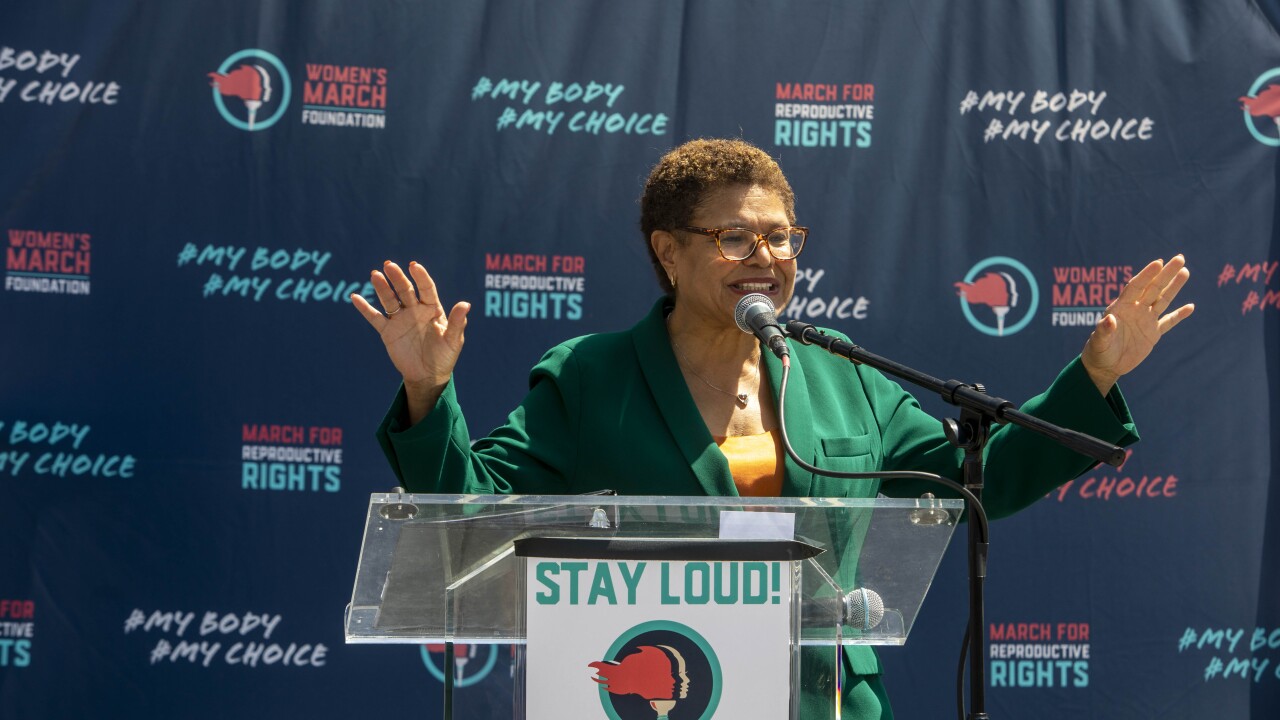Niagara Falls and Rochester's home county are among the 24 most fiscally distressed municipalities in New York, a report by Comptroller Thomas DiNapoli found.
The study examined 1,043 governments across the state and ranked them based on 23 financial indicators, including cash on hand, operating deficits and demographics. It found that eight counties, three cities and 13 towns showed a pattern of deficits and too little cash to pay bills.
It's the first comprehensive review of New York localities under a monitoring program DiNapoli started last year, his office said.
"The challenges facing local governments have reached a critical point, and these fiscal stress scores should serve as a wake-up call," DiNapoli said today in a statement. "We have identified local governments from every region of this state that are facing some level of fiscal stress and presented them with a realistic picture of their financial condition."
From California to New York, local governments, particularly those that rely on sales and property taxes, have yet to see revenue rebound after the recession that ended in 2009. DiNapoli, a 59-year-old Democrat, created the monitoring system after his auditors found last year that almost 300 local governments had deficits in previous years, and more than 100 didn't have enough cash to pay their bills.
The report included only municipalities whose fiscal year ended Dec. 31. It didn't include New York, Buffalo, Rochester, Syracuse and Yonkers, the state's biggest cities.
Eighteen communities, including Nassau and Suffolk counties on Long Island, are still under review, DiNapoli said.
Monroe County, which includes Rochester, received the worst score, and Niagara Falls was tied for third-worst.
Niagara Falls, the city of 50,000 named after the cascade that divides New York and Canada, had its credit rating cut last month by Moody's Investors Service to one step above junk. The move came after the state and the Seneca Nation of Indians were unable to settle a dispute over more than $600 million in tax revenue from the tribe's casinos.
Moody's said at the time that the city was poised to run out of cash by November. Since then, Governor Andrew Cuomo ended the stalemate. Niagara Falls will receive an $89 million lump- sum payment for back taxes owed on the Senecas' slot machines as well as an annual share of casino revenue.
Cuomo, a 55-year-old Democrat, is working with lawmakers to strike a deal on a panel that would advise local governments on how they can merge services such as human resources to find savings. The panel may also serve as arbitrator in disputes between fiscally stressed localities and their police and fire unions, and may be able to limit growth in wages.





